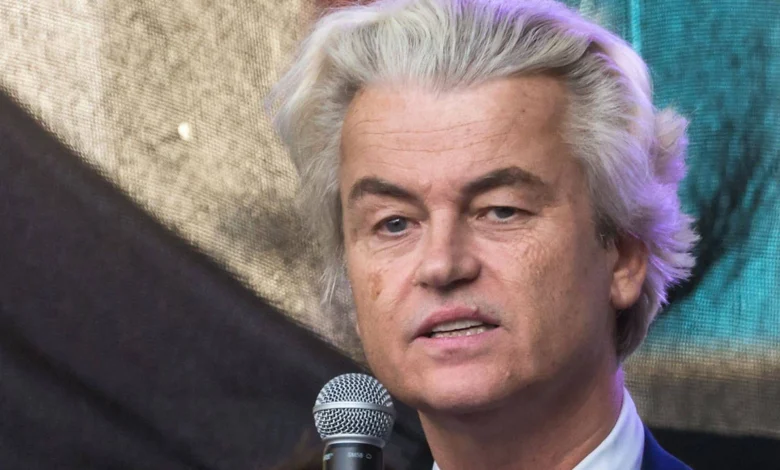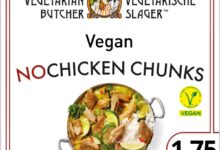
How the New Dutch Government Could Transform the European Agricultural and Food Industry
As the Netherlands forms a new government in 2024, the ripple effects are set to transform the European Union’s agricultural and food industry. With Geert Wilders’ far-right Party for Freedom (PVV) joining a coalition that includes the center-right People’s Party for Freedom and Democracy (VVD), the right-wing populist Farmer-Citizen Movement (BBB), and the centrist New Social Contract (NSC), Brussels is bracing for significant changes. The Netherlands, known for its advanced agricultural techniques and robust food processing sector, could see shifts in policies that impact the entire EU.
Innovation and Sustainability: A Mixed Approach
The new coalition is likely to continue leveraging the Netherlands’ strengths in agricultural innovation and sustainability, albeit with some adjustments reflecting its more conservative stance. Key areas of focus may include:
- Precision Agriculture: The Netherlands has been a leader in using data analytics, satellite technology, and IoT devices to optimize crop yields and minimize environmental impact. The new government is expected to continue supporting these technologies, which could serve as a model for other EU countries.
- Greenhouse Farming: Dutch expertise in greenhouse farming allows for high-quality, year-round production with minimal resource use. Expanding these techniques across Europe could enhance food security and reduce the carbon footprint of agriculture.
- Sustainable Practices: While the new government may scale back some ambitious climate targets, it is likely to support initiatives that promote organic farming, soil health, and biodiversity. This aligns with parts of the European Green Deal, though with a potentially reduced emphasis on aggressive emissions reductions.
Trade and Regulatory Shifts
The Netherlands is a key hub for food trade within the EU and globally. The new government’s stance on trade policies and regulations will have significant implications:
- Trade Agreements: The coalition’s critical stance on free-trade agreements, particularly with regions like South America, suggests a shift towards more protectionist policies. This could impact the flow of agricultural products and alter trade dynamics within the EU.
- Food Safety and Standards: The Netherlands has a strong reputation for high food safety and quality standards. The new government may advocate for stringent EU-wide regulations, but with a focus on protecting domestic interests and possibly less emphasis on harmonizing standards across the EU.
- Brexit Adjustments: Navigating post-Brexit trade dynamics remains a challenge. The Netherlands, with its significant trade ties to the UK, will play a pivotal role in shaping policies that mitigate disruptions and maintain strong trade relationships.
Migration and Labor Policies
A significant shift is expected in migration policies, which could impact the agricultural labor force. The new coalition aims to implement the “strictest asylum policy ever,” potentially opting out of certain EU migration rules. This could lead to labor shortages in the agricultural sector, which relies heavily on migrant workers.
Fiscal and Economic Policies
The new government’s fiscal conservatism will likely impact EU-wide financial policies:
- EU Budget Contributions: The Netherlands aims to reduce its payments to the EU, which could complicate discussions on the EU’s new multi-year budget set to take effect in 2028. This stance may hinder joint initiatives, including those related to agricultural funding and development.
- Joint Borrowing: The coalition is expected to oppose joint EU borrowing for initiatives such as defense or green transitions. This could limit the EU’s ability to fund large-scale agricultural and environmental projects.
Environmental and Climate Policies
The new government’s approach to climate policy marks a departure from the ambitious targets set by the previous administration:
- Climate Targets: While the coalition has agreed to adhere to existing climate agreements, it plans to scrap several measures, such as increasing the CO2 tax and mandating electric heat pumps. This could slow progress on reducing greenhouse gas emissions from agriculture.
- Adaptation over Mitigation: The focus will likely shift towards adapting to climate change rather than aggressively reducing emissions. This includes supporting homeowners with energy-efficient renovations and investing in technologies like hydrogen and carbon capture.
Agriculture Policies: A Balancing Act
The presence of the Farmer-Citizen Movement (BBB) in the coalition indicates a strong representation of agricultural interests. The new government plans to revise nitrogen pollution rules, allowing more manure spraying and preventing forced farm takeovers. It also aims to renegotiate EU nitrogen policies, potentially leading to more lenient regulations.
Conclusion
The new Dutch government has the potential to significantly influence the European agricultural and food industry. While continuing to support technological innovations and sustainable practices, the coalition’s conservative stance on climate, migration, and fiscal policies could reshape the EU’s agricultural landscape. Policymakers in Brussels and across Europe will need to navigate these changes carefully, balancing national interests with broader EU goals. As the Netherlands charts this new course, its impact will be felt across the continent, underscoring the critical role of national policies in shaping the future of European agriculture.










